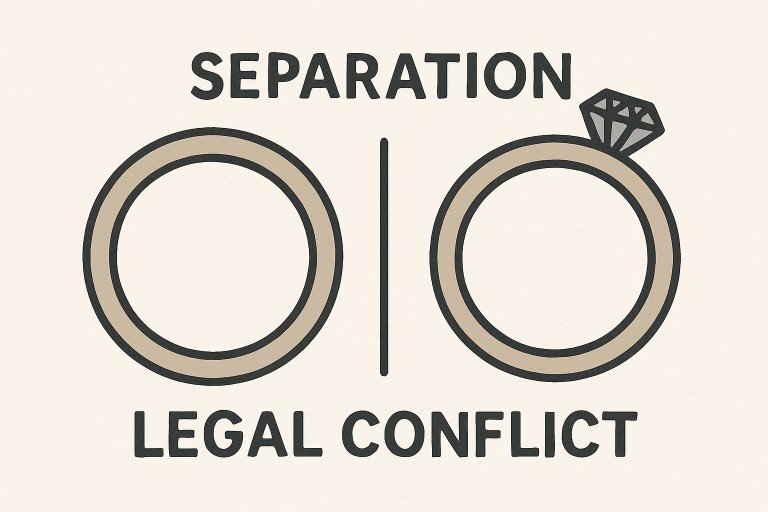Introduction
Have you ever stumbled upon a word online that made you pause and think, “Wait—what does that even mean?” That was my exact reaction the first time I saw the word utanmazkzılar trending on social media. It looked intriguing, bold, and a little mysterious. The kind of word that feels like it carries an attitude all on its own.
If you’ve come across it too—maybe in a caption, a meme, or a comment section—you’ve probably wondered what it really means and why everyone seems obsessed with it. Well, you’re not alone. Let’s dig into what utanmazkzılar actually stands for, where it comes from, and how it’s evolved into a viral expression of modern confidence and rebellion.
What Exactly Does “Utanmazkzılar” Mean?
Literal Translation
Let’s start with the basics. Utanmazkzılar comes from Turkish. It’s made up of two parts: utanmaz, meaning “shameless” or “unashamed,” and kızlar, meaning “girls.” So together, it literally translates to “shameless girls.”
But language, as we know, is never just literal. Context changes everything—and that’s where the fun begins.
Contextual Meaning
In online spaces, utanmazkzılar has transformed from an insult into a playful, sometimes even empowering term. It’s used to describe bold, confident women who don’t care about fitting into outdated social expectations. Think of it like calling someone a “baddie” or a “savage”—it’s about owning your confidence, not apologizing for it.
When someone posts a picture with the hashtag #utanmazkzılar, they’re not putting themselves down—they’re reclaiming the label and saying, “Yep, I’m bold, I’m loud, I’m me.”
The Cultural Backdrop
Origins in Turkish Youth and Internet Slang
Turkish slang is full of creativity, irony, and attitude, especially among younger generations. Utanmazkzılar is one of those phrases that began as a jab and turned into a badge of honor. It reflects a growing movement of Turkish women and youth who are tired of being told to “be modest” or “stay quiet.”
The term started showing up in memes, TikToks, and comment threads, where people used it ironically. Over time, it became a proud declaration of self-expression—an act of defiance wrapped in humor.
Reclaiming Meaning — From Shame to Strength
Historically, calling someone “shameless” was meant to shame them into silence. But language has this incredible ability to evolve. Just like “nerd,” “queer,” or “bad bitch” were once insults and are now reclaimed identities, utanmazkzılar has followed the same path.
It’s now about flipping the script: being “shameless” isn’t about lacking morals—it’s about refusing to feel guilty for being yourself.
Why Is It Trending Now?
Social Media’s Role
Trends live and die on social media, and utanmazkzılar hit the sweet spot. It’s short, catchy, and attitude-packed—perfect for captions and hashtags. Users began using it under dance videos, fashion posts, and even casual selfies.
The word gained momentum because it resonated with people across cultures. It’s that universal feeling of saying, “I don’t care what anyone thinks—I’m just doing me.”
Global Appeal of a Local Word
What’s fascinating is how a Turkish slang term started crossing borders. The internet has a way of turning local expressions into global sensations. Even if you don’t speak Turkish, the tone and energy of utanmazkzılar are instantly recognizable.
It speaks to a worldwide wave of unapologetic self-expression—especially among women—who are rewriting the rules of what confidence looks like.
Examples You’ll Recognize
Here are a few scenarios that capture how utanmazkzılar shows up online and offline:
- A TikTok creator posts a bold dance in a flashy outfit with the caption: “#utanmazkzılar vibes only.”
- An influencer shares a makeup look that breaks all the “rules” and tags it with #utanmazkzılar to show confidence.
- Among friends, someone jokingly says, “Sen tam bir utanmazkzısın!” (meaning “You’re totally one of those shameless girls!”)—as a compliment, not an insult.
The term has become a shorthand for fearless femininity.
Comparing “Utanmazkzılar” with Similar Global Terms
To get a clearer sense of how this word fits into the global language of confidence, here’s a quick comparison:
| Term | Origin | Meaning | Similarity to utanmazkzılar |
|---|---|---|---|
| “Savage” (English) | U.S. slang | Fearless, unapologetic | Both celebrate boldness and lack of shame |
| “Chica Mala” (Spanish) | Latino slang | “Bad girl” with confidence | Mirrors the same empowered attitude |
| “Besharam” (Hindi/Urdu) | South Asia | Shameless → reclaimed by youth as fearless | Shares the same reclamation dynamic |
| Utanmazkzılar | Turkish | Shameless girls → unapologetically bold women | Rooted in Turkish culture, gaining global resonance |
What’s striking is that every culture has its version of utanmazkzılar—a word that celebrates people who refuse to bow to social pressure.

What It Means for Women & Identity
Empowerment Through Language
Language shapes how we see ourselves. When women call themselves utanmazkzılar, they’re taking ownership of their identities. It’s an act of rebellion and pride rolled into one simple phrase.
In a world that still polices women’s behavior—how they dress, speak, or express themselves—this word says, “Enough.” It’s about freedom, not provocation; confidence, not defiance for defiance’s sake.
A Double-Edged Sword
But let’s keep it real—it’s not universally positive. In more conservative circles, being called utanmazkzılar might still sting. Some people use it as criticism, not empowerment.
That’s why context matters. The same word can mean confidence in one sentence and disrespect in another. The beauty of slang lies in how it evolves—and how people choose to claim it.
Also read: What Is Wapbald? Exploring the Evolution of Online Entertainment Platforms
Using “Utanmazkzılar” Mindfully
When It Fits
- When celebrating confidence and bold expression.
- Among friends who understand its playful tone.
- In social media posts where the vibe is fun, proud, and self-assured.
When to Avoid
- In formal or professional settings—it’s still slang, after all.
- When you’re unsure of the cultural context.
- If your audience might misinterpret it as offensive.
Like any trendy word, the key is balance: use it with intention, not just because it’s viral.
Conclusion
Language has a funny way of reflecting our times. What once was meant to shame can become a symbol of pride—and utanmazkzılar is a perfect example. It captures that shift from being told to stay small to choosing to stand tall.
This word isn’t just slang. It’s a mirror of change, confidence, and individuality. So the next time you see someone using utanmazkzılar, you’ll know—it’s not about being shameless, it’s about being fearless.
Maybe, in a world that often asks us to tone it down, being a little “shameless” is exactly what we need.
FAQs
1. Is “utanmazkzılar” always a negative term?
Not anymore! While it started off that way, many people now use it affectionately or as a form of self-empowerment.
2. Can non-Turkish speakers use it?
Yes, but do so respectfully. If you use it, take a moment to explain its meaning or acknowledge its cultural roots.
3. Is it only for women?
Technically, yes—the word “kızlar” means “girls.” But online, it’s been used more fluidly, representing anyone with a bold, unapologetic attitude.
4. Will this trend last?
Slang comes and goes, but the spirit of utanmazkzılar—confidence and defiance—is timeless. Even if the word fades, the mindset will stick around.
5. Is it appropriate for branding or marketing?
It depends on your audience. For youth-focused, bold brands, it can work beautifully. For conservative or corporate settings, maybe not so much.
Thanks for visit Techywil











